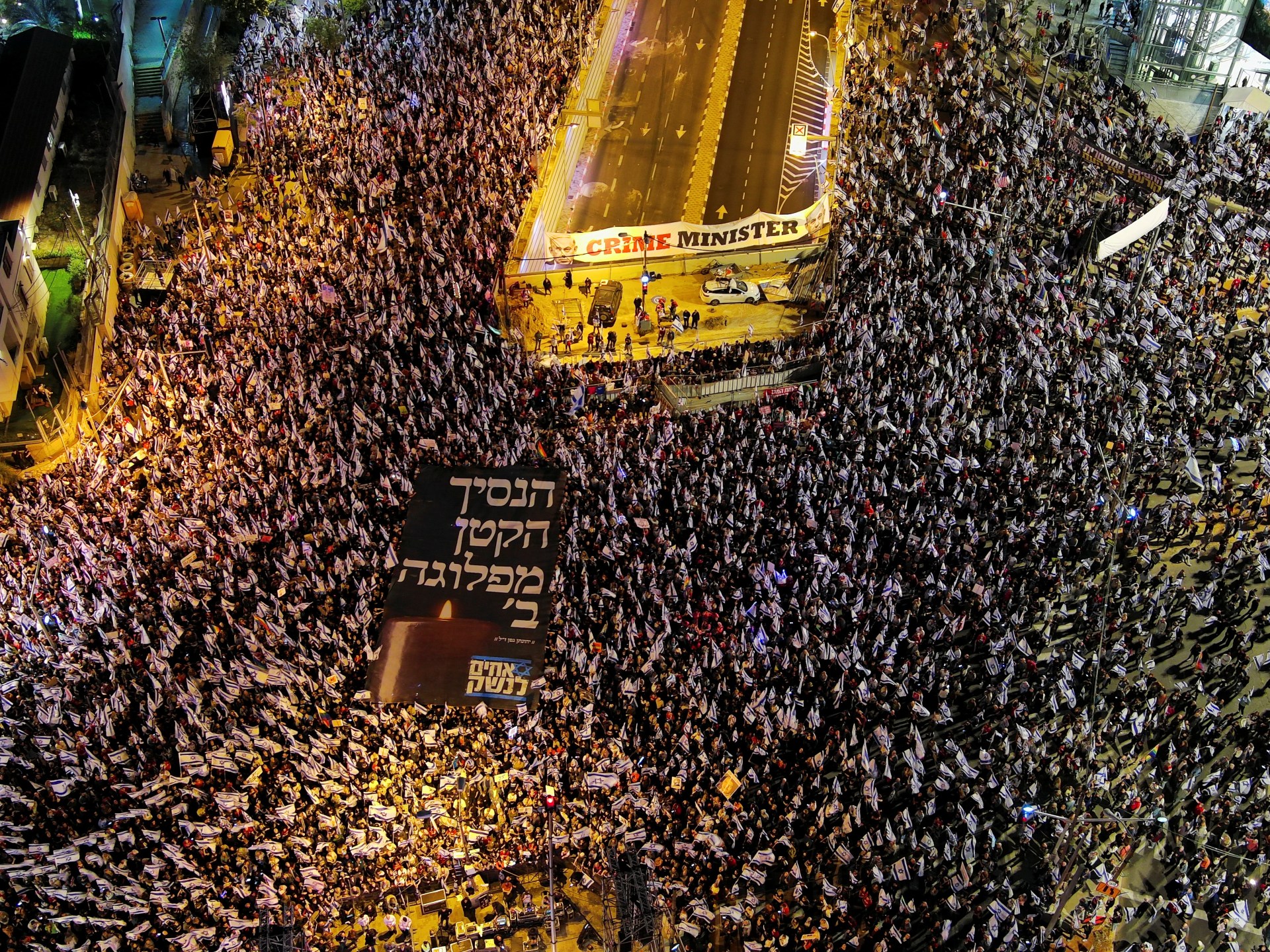Indian police charge 30 soldiers over killing of tribal people
Nagaland state’s police chief says the army resorted to ‘disproportionate firing’ after a probe was launched into the killing of 13 members of the region’s predominantly Konyak tribe, and a member of the security forces, in December 2021.
Police in India’s restive northeastern state of Nagaland say 30 soldiers have been charged with the killing of six tribal people – who were mistaken for armed rebels – during an anti-insurgency operation last year.
Nagaland police chief TJ Longkumer said on Sunday that the soldiers had resorted to “disproportionate firing” during the operation that killed the six tribal men.
“Investigations revealed that the operation team had not followed the standard operating procedure, and the rules of engagement,” the police chief told reporters in the state capital, Dimapur.
The police investigation was launched after 13 members of Nagaland’s predominant Konyak tribe and a member of the security forces were killed in two separate incidents in December 2021 that started when soldiers mistook a group of local workers for armed rebels entering Indian territory from neighbouring Myanmar.
The bloodshed began when six labourers returning from work in a truck were mistakenly killed by soldiers during an ambush in the state’s Mon district.
Seven other tribal people were then gunned down when local villagers – angered after the discovery of the bullet-riddled bodies of the six men in an army truck – clashed with the soldiers.
A chargesheet has been filed to prosecute the 30 accused members of the military involved in the killings, the police chief said, adding that the “sanction for prosecution is still awaited” from the court.
A spokesperson for the Indian Army was not immediately available for comment. However, a defence ministry official in New Delhi said the case has been placed before India’s courts which will make the final decision on prosecution.
Chemwang Konyak, whose son was one of those killed, said the police bringing charges against the soldiers proved the army “were at fault”, according to local media outlet NDTV.
“But now the big question is will they be punished?” Chemwang Konyak was quoted as saying by NDTV.
“We are anguished and in agony. Will we get justice? We urge upon the government to allow this case trial to take place quickly so that we get justice.”
India’s ‘disturbed areas’
Thousands of military personnel are deployed in India’s northeast, a remote region which is home to a complex web of tribal groups and many rebel groups and separatist movements which have accused New Delhi of plundering the region’s natural resources and doing little to improve the lives of the local population.
India’s Supreme Court in 2017 ordered an investigation into 1,528 cases of alleged extrajudicial killings between 2000 and 2012 by police and security forces in Nagaland’s neighbouring Manipur state, which is also under the Armed Forces Powers Act (AFSPA).
The AFSPA gives the armed forces sweeping powers to search and arrest, and to open fire, if they deem it necessary in “disturbed areas”.
The allocation of “disturbed areas” status under the AFSPA has been in force in parts of seven northeastern states for many years.
Starting in 2015, the federal government removed AFSPA entirely from the states of Tripura and Meghalaya, and partially from Arunachal Pradesh, Assam, Nagaland, and Manipur. The act is still in force in Mon district where the six were killed in December.
Since the killings, protests have intensified in the northeast calling for the complete revocation of AFSPA, which has loomed large over the region since 1958 and gives many areas the feeling of occupied territory, locals say.



